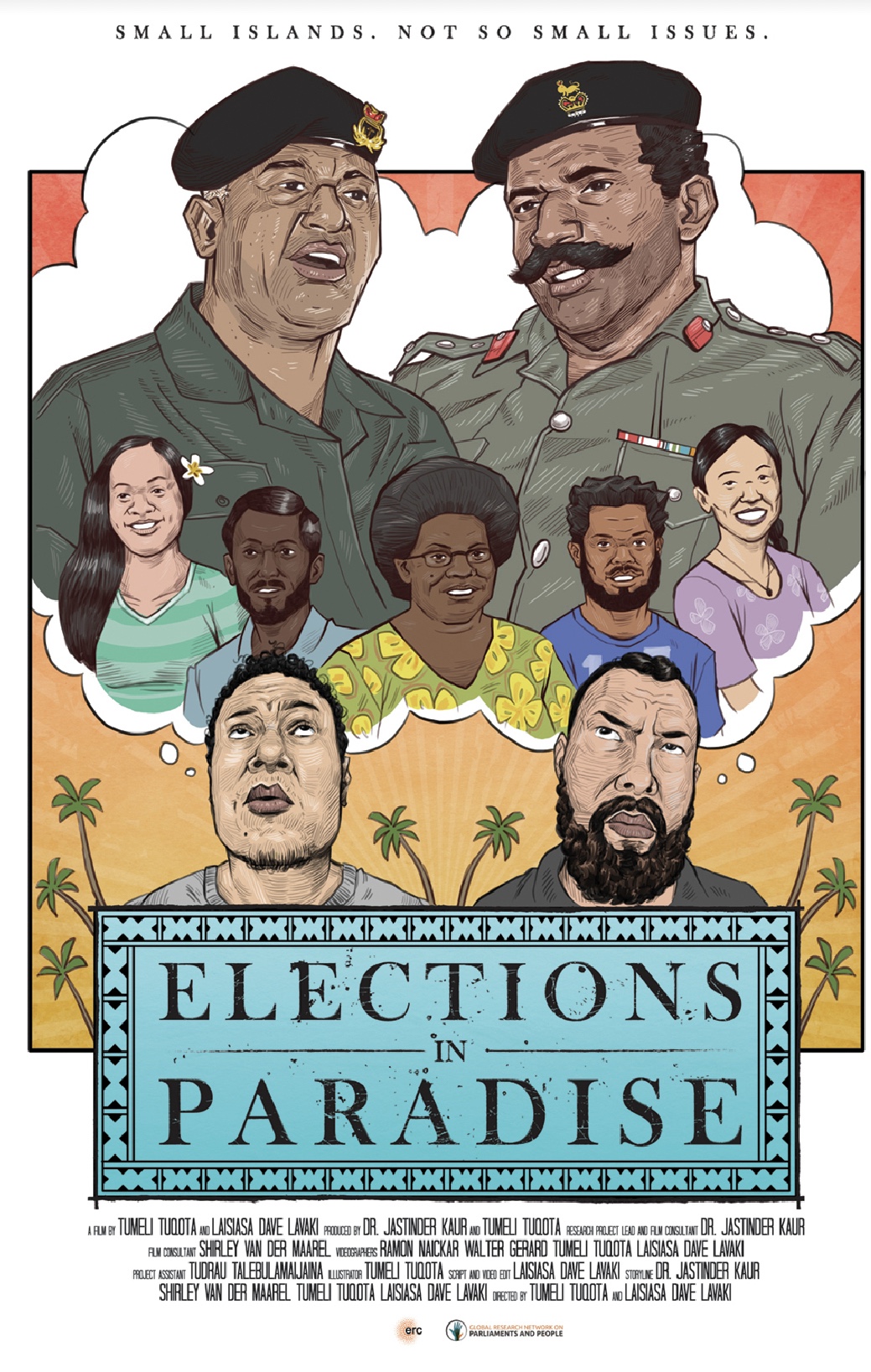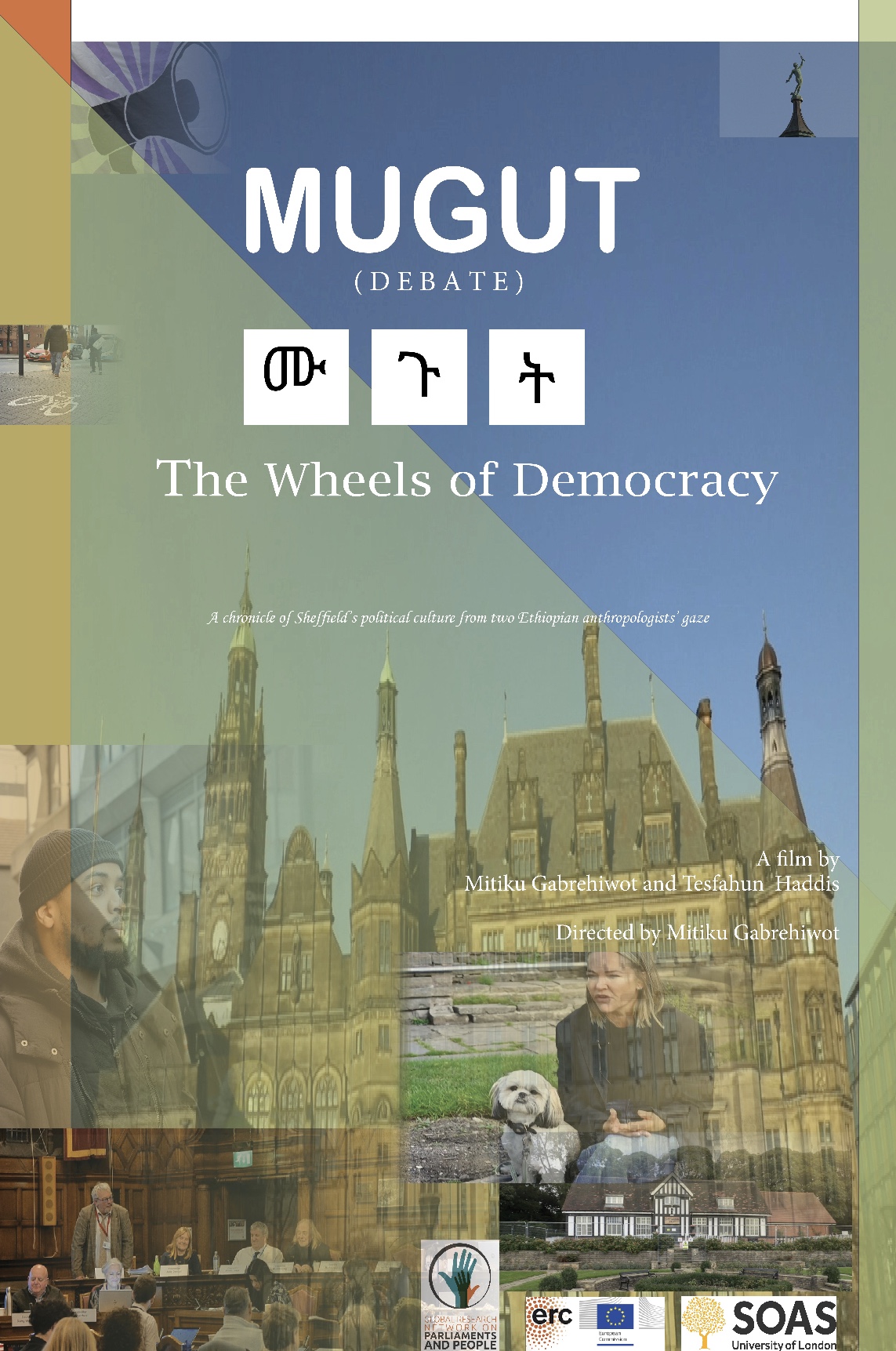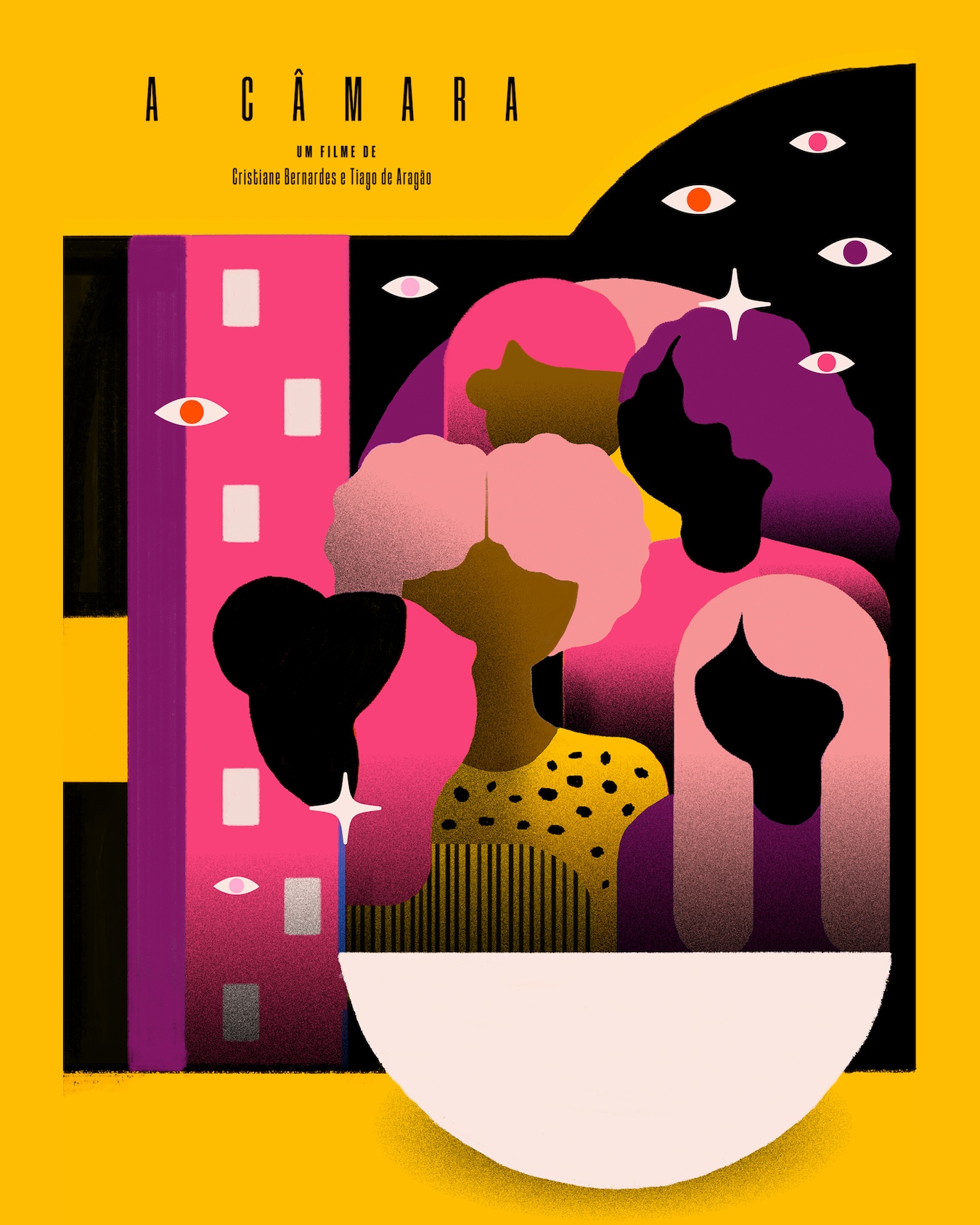Ethnographies of Parliaments, Politicians and People
A team of scholars around the world have been exploring the ruptures in relationships between politicians and others in society in Brazil, Ethiopia, Fiji, India, the UK and the US since 2020 with an European Research Council (ERC) Advanced Grant of €2.5 million. Our research focuses on crises of representation and pathways towards more inclusive and well-informed communication between politicians and people. This coalition of film-makers, artists and ethnographers is aiming to influence how elected representatives are studied both within and outside parliaments. You can read and see our findings in our resource library – articles, books, films, installations and even a Fijian Talanoa – and in an online exhibition: Living Democracy, Frayed Entanglements. Cristiane Bernardes and Emma Crewe are editing the Elgar Encyclopedia of Parliamentary Studies with 82 entries from around the world explaining topics as varied as oversight, speakership, time and processes of silencing.
Online Exhibition: Living Democracy
An exhibition on the relationship between politicians and people was held in the lower gallery of the Brunei Gallery, SOAS, January-March 2024, featuring research findings from Brazil, Ethiopia, Fiji, India, the UK and the US. Films, photography, installations, audio and text revealed what we have found about the riffs, rhythms and rituals in Parliaments.
Relationships between politicians and the people they represent are in turmoil. Although the digital revolution has created unprecedented scope for political expression and debate, potentially acting as a connective tissue binding the public to politicians, the sobering reality of echo-chambers and post-truth populist memes has generated confusion and uncertainty. At a time when in-depth political scrutiny has a vital role to play in addressing democratic deficits, this research is uncovering surprising patterns in these relationships.
A visitor commented: “you’ve exposed the subcutaneous layers beneath the political shenanigans that are now part of our lives”. You can find this exhibition Living Democracy – Frayed entanglements online.
The team, co-ordinated by Emma Crewe, includes Richard Axelby, Cristiane Brum Bernardes, Giulia Sbaraini Fontes, Telma Hoyler, Jastinder Kaur, Cristina Leston-Bandeira, Amir Massoumian, and Mitiku Gabrehiwot Tesfaye, with two advisors in the UK: Gerhard Anders (University of Edinburgh) on ethics and Shirley Van Der Maarel (University of Manchester) on visual anthropology.
Methods and Ethics
Research ethics conventionally tends to focus on compliance with law (especially data protection) and participants’ consent, but we find this approach too narrow. We are just as concerned about our wider impact on each other, the people we study with, and the environment. We see ethics as complex and often contradictory, requiring debate and negotiation. We propose taking 10 principles seriously. We have documented our principles and commitments in an Ethical Approach to Research.
The researchers’ views on anthropology
Methods and Ethics
Research ethics conventionally tends to focus on compliance with law (especially data protection) and participants’ consent, but we find this approach too narrow. We are just as concerned about our wider impact on each other, the people we study with, and the environment. We see ethics as complex and often contradictory, requiring debate and negotiation. We propose taking 10 principles seriously. We have documented our principles and commitments in an Ethical Approach to Research.




